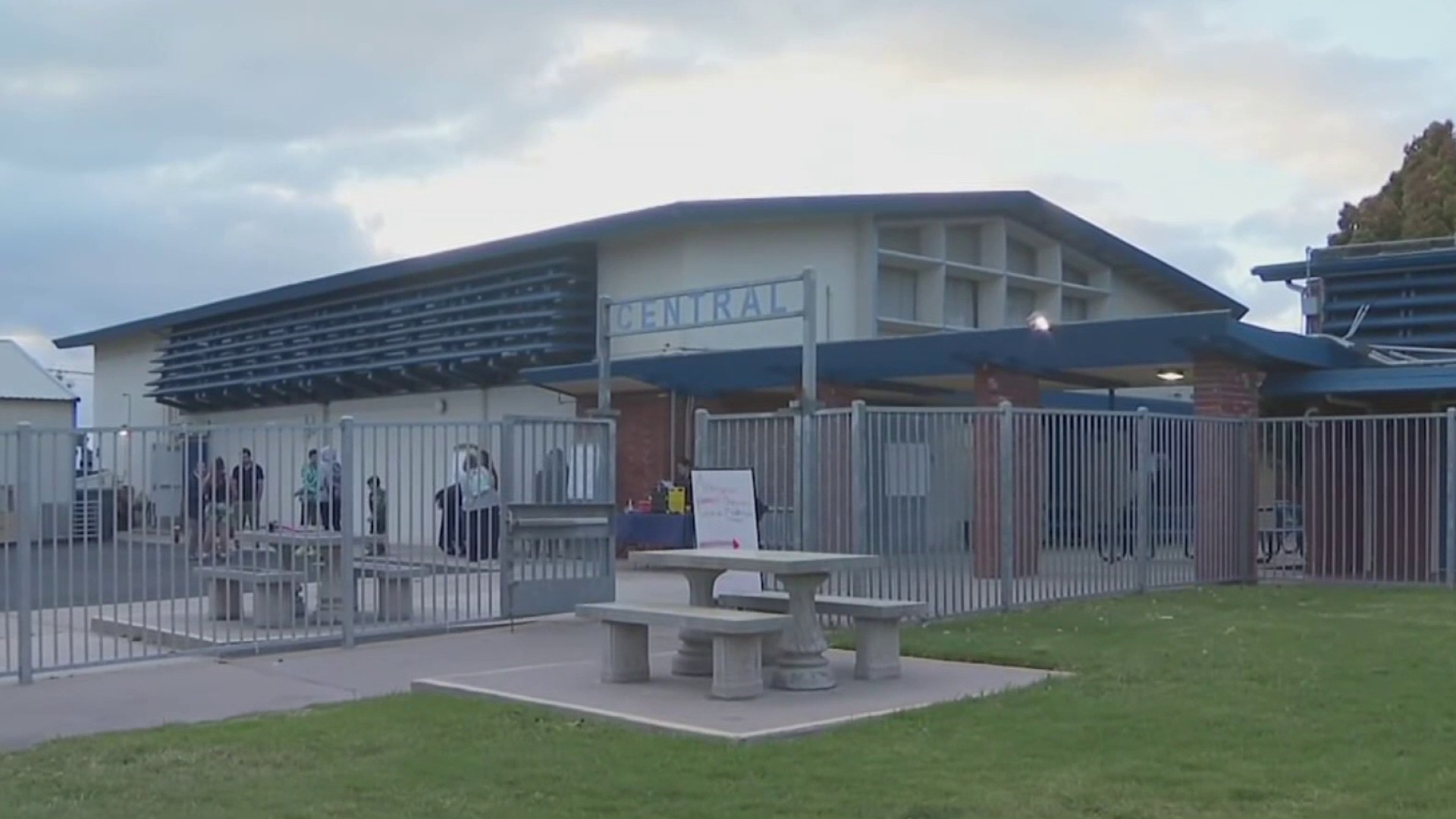Several UC San Diego researchers spoke at the White House Friday in an effort to advance the understanding of microbiomes.
Microbiomes are microorganisms that live on and in people, plants, soil, oceans and the atmosphere and can influence human health, climate change and food security.
The White House Office of Science and Technology Policy (OSTP) announced a new National Microbiome Initiative Friday to better understand microbiomes and to develop tools to protect and restore healthy microbiome function.
The White House is proposing more than $121 million in federal spending over the next two years at several agencies to study microbiomes.
Dozens of companies, foundations, and universities (including UCSD) have signed onto the National Microbiome Initiative, pledging millions of dollars to train new scientists, pay for research, and offer prizes for the best new ideas on how to understand the bacteria.
Three UCSD professors were invited, including Dr. Rob Knight, PhD, director of the UC San Diego Center for Microbiome Innovation; Dr. Pieter Dorrestein, PhD, professor of pharmacy in the Skaggs School of Pharmacy and Pharmaceutical Sciences; and Embriette Hyde, PhD, assistant project scientist in the School of Medicine and project manager of the American Gut Project.
The initiative will investigate fundamental principles that govern microbiomes across diverse ecosystems and work to develop new tools to study them.
Local
The National Microbiome Initiative puts UCSD’s Microbiome and Microbial Sciences Initiative, a concerted research and education effort initiated last October by UCSD Chancellor Pradeep K. Khosla, at the center of the effort.
"This ambitious undertaking cannot be accomplished by individual laboratories working in isolation. Developing advanced microbiome tools and treatments requires new collaborations among many disciplines. Advancing this relatively new field also depends on attracting and training multidisciplinary networks of scientists and engineers," Chancellor Khosla said. "We are very fortunate that the White House and OSTP recognize the importance of microbiome research and supports these needs, and we're grateful that they recognize the leadership of UC San Diego faculty in this field. We look forward to working with the White House and scientific leaders around the country on this initiative, which we expect will rapidly lead to a variety of new scientific insights, technological advances and economic opportunities that will benefit society, human health and the environment for decades."
UCSD has been part of the leadership behind the National Microbiome Initiative since 2013 when Dr. Knight helped organize a meeting in Washington, DC that focused on microbiome science.
"Microbes pervade all kinds of processes, from our bodies to our planet to industrial fermentation and drug synthesis. Working closely with other researchers in the White House's National Microbiome Initiative will help us unravel the fundamental science so we can understand how microbes do all these things, and help us improve the speed and accuracy in which we can 'read out' microbes," said Knight, who is known for developing a genetic sequencing technique that allows researchers to differentiate unknown microbes in hundreds of samples at once.



